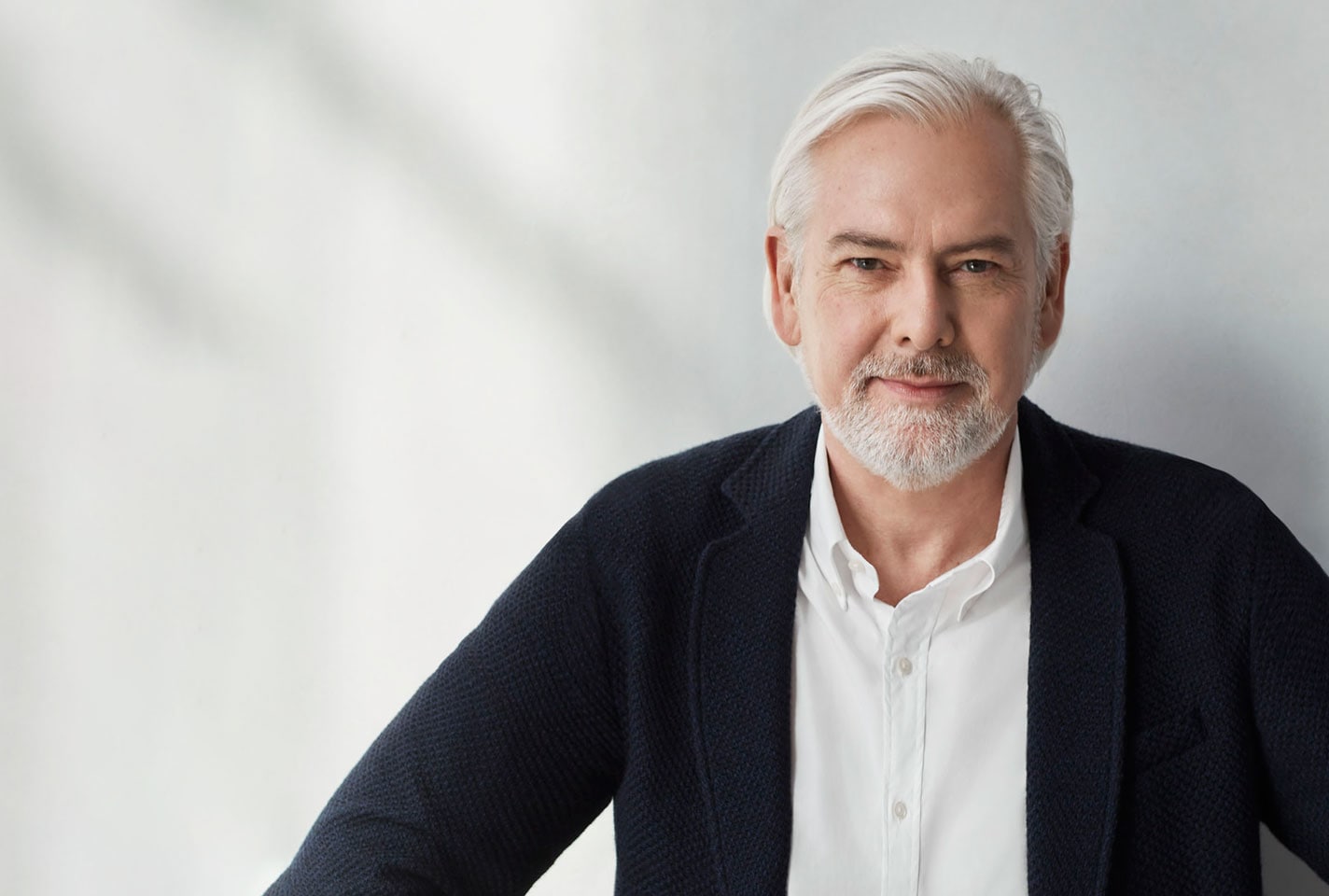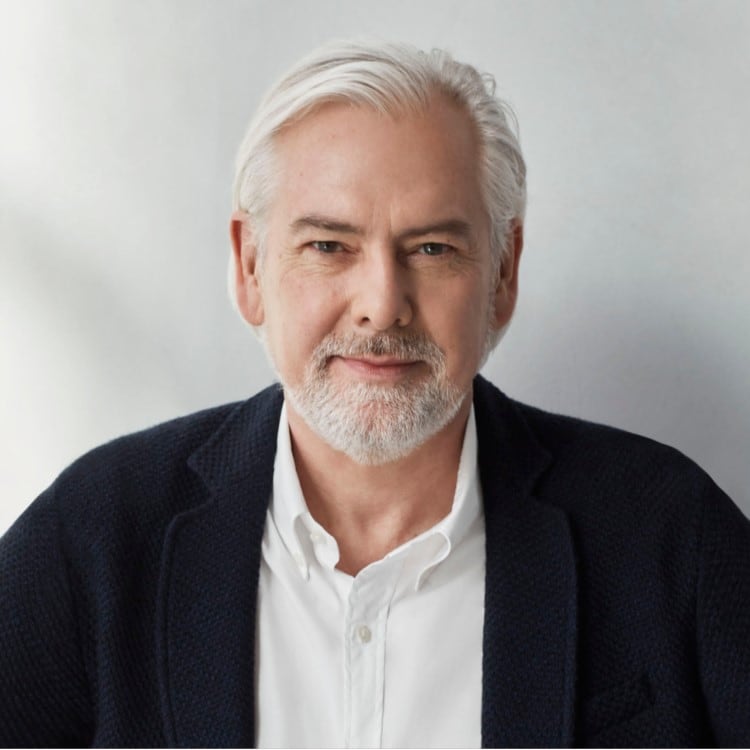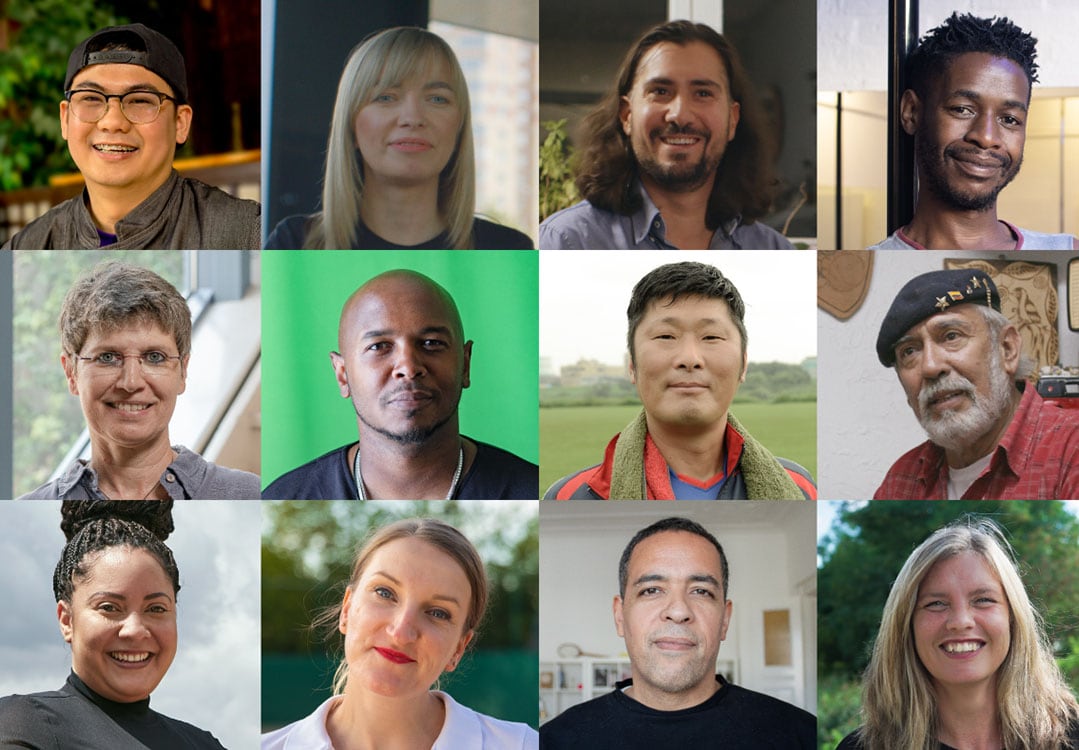One billion.
That’s the approximate number of smokers in the world today according to public health data.
And despite health warnings, campaigns to quit smoking, and increasing tobacco control measures, that number is expected to be the same in 2025, according to the World Health Organization. 1
It’s time to make smoking history
Voiceover: Jacek Olczak, CEO, Philip Morris International
This company wants to change the world.
If we can get there this is going to be really phenomenal
Fast-paced music starts
Words on screen read: That’s why at Philip Morris International, we’ve committed to deliver a smoke-free future.
Voiceover: Stefano Volpetti, President, Smoke-Free Inhaled Products & Chief Consumer Officer, PMI.
This company has had the courage, the vision and leadership to establish a new direction.
Voiceover: Bin Li, Chief Product Officer, PMI
It's very difficult for a company to sign up for a big transformation like this.
Words on screen read: Our ambition? To move away from cigarettes.
Voiceover: Stacey Kennedy, President Americas Region and CEO of PMI’s U.S. business:
We are building our company's future around better alternatives to smoking.
Voiceover: Michael Voegele, Chief Digital and Information Officer, PMI:
I think it's a unique challenge being part of a team that revolutionizes the industry
Words on screen read: Since 2008, we’ve invested over 10.5 billion dollars in scientific substantiated smoke-free products.
Voiceover: Gregoire Verdeaux, Senior Vice President, External Affairs, PMI:
The end of cigarettes is doable and it is about setting a date, setting a timetable and setting a path to go there.
Words on screen read: And by 2030, we aim to have more than two-thirds of our net revenue come from smoke-free products.
In 2023, we’re at 36.2%.
Voiceover: Marian Salzman, Senior Vice President & Chief Corporate Citizenship Officer, PMI:
I think we've become part of the ongoing dialogue around companies that can change
Voiceover: Lars Dahlgren, President, Smoke-Free Oral Products and CEO, Swedish Match:
I've been impressed with the boldness of PMI articulating that the future is smoke free products.
Words on screen read: Currently our smoke-free products are available in 82 markets
Voiceover: Dr Moira Gilchrist, Chief Communications Officer, PMI:
We set out to develop these products and gather scientific evidence.
Voiceover: Dr Badrul Chowdhury, Chief Life Sciences Officer, Smoke-Free Products:
You actually have a product where the hundred or so chemicals which are known to be harmful are reduced or eliminated. That's the scientific breakthrough.
Voiceover: Dr Moira Gilchrist, Chief Communications Officer, PMI:
This is transforming the entire industry
Voiceover: Jacek Olczak, CEO, Philip Morris International:
The evidence is clear. Smoke-free alternatives can accelerate the end of smoking. The world has to move now to help smokers to move to the better alternative.
Words on screen read: 27.4 million adults globally are using our leading heated tobacco product, of which 19.7 million have switched completely and stopped smoking.
Voiceover: Jacek Olczak, CEO, Philip Morris International:
It's time to make smoking history.
Philip Morris International is seen on screen.
We are always clear: If you don’t smoke, don’t start. If you smoke, the best option is always to quit cigarettes and nicotine completely.
However, we know that in any given year only around one in 10 adult smokers will successfully
achieve this.
If the remaining 90 percent were given accurate information about—and access to—smoke-free alternatives, the number of smokers worldwide could be significantly reduced.
Our mission?
At PMI, we have made it our mission to deliver a smoke-free future and to transform for good.
There is robust science showing that our broad portfolio of smoke-free products, whilst not risk-free and addictive, represent a much better choice for adults than continued smoking. That’s because none of them involve
burning, resulting in significantly reduced average levels of harmful and potentially harmful constituents compared to a cigarette.
We strive to make the information about our smoke-free products as accessible as possible to adults, such as publishing engaging visual guides that the general public can explore to learn more about the differences between our smoke-free products and cigarettes.
The well-known risks of smoking have understandably led regulators to impose more restrictions on cigarettes than on most other consumer products. We agree that tobacco products should be subject to strict rules and regulations, and PMI respects governments’ authority and leadership role in protecting public health, supporting measures to dissuade people from smoking.
However,
international treaties intended to “limit industry influence”—are often misinterpreted and used to restrict legitimate debate. This must change. It’s time for more inclusive, pragmatic approaches.
It makes no sense
to prevent adult smokers who don’t quit from accessing these better alternatives or accurate information about them.
“Science—when vetted through peer review—is science,” says PMI’s Chief Executive Officer
Jacek Olczak. “Facts are facts. We need to remove the stigma that scientific innovation funded by a tobacco company cannot possibly be reliable or in the public interest. We need to stop excluding men and women who smoke from the conversation. These
are the people who have the most to gain from smoke-free alternatives. They must be allowed a voice.”
And our ultimate goal?
We are focused on delivering a smoke-free future. To date, we have dedicated more than 1,586 scientists, engineers and support staff, and over USD 12.5 billion, in the research and
development of innovative smoke-free products that adult smokers can switch to.
Our ultimate goal? To stop selling cigarettes completely.
As of December 31, 2023, around 20.8 million adults in total have switched to our leading smoke-free product and stopped smoking. 2
A smoke-free future is attainable, and the benefits this can bring to the people who would otherwise
continue to smoke, and hence to global public health, are enormous.
But we cannot achieve this alone. There must be an open, meaningful dialogue about the role smoke-free products can play in the improvement of public health, and the effect
current legislation in many countries has in preventing adult smokers from getting all available information. We’re calling on leaders, policy makers, scientists, health professionals, and society as a whole to join this conversation—with
the goal of achieving a smoke-free future as soon as possible.
“It is through constructive engagement,” concludes Olczak, “that we will accelerate the pace of meaningful and impactful change.”
1 WHO Global Report on Trends in Prevalence of Tobacco use 2000-2025, fourth edition, November 16, 2021.
2 The estimated number of adults who have “switched to our leading smoke-free product and stopped smoking” reflects:For markets where there are no heat-not-burn products other than PMI heat-not-burn products: Daily individual consumption of PMI HTUs represents the totality of their daily tobacco consumption in the past seven days.
For markets where PMI heat-not-burn products are among other heat-not-burn products: Daily individual consumption of HTUs represents the totality of their daily tobacco consumption in the past seven days, of which at least 70 percent is PMI HTUs.








